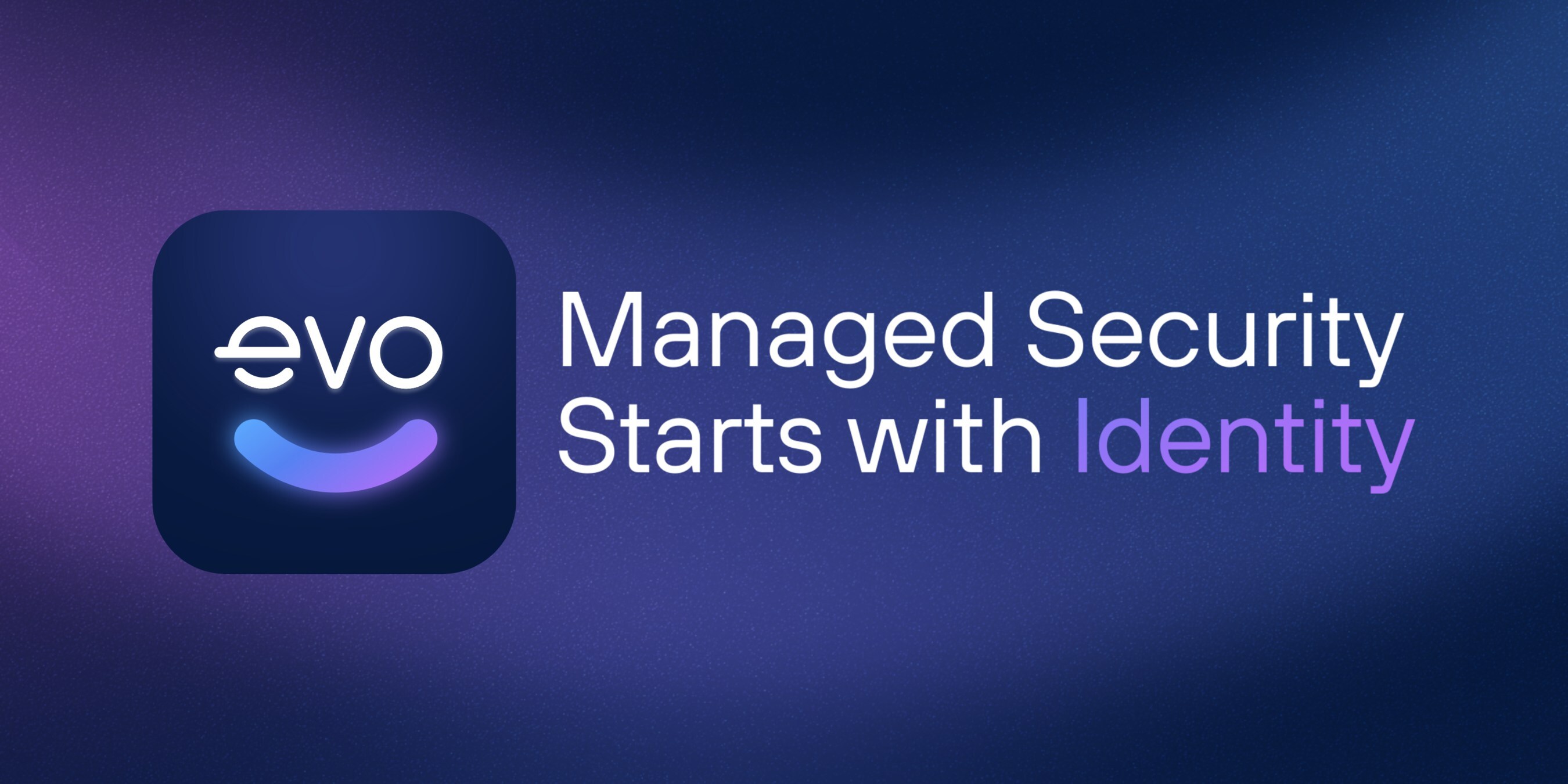NEW YORK, Jan. 23, 2025 -- Report on how AI is driving market transformation - The global REIT market size is estimated to grow by USD 350.2 billion from 2024-2028, according to Technavio. The market is estimated to grow at a CAGR of 2.87% during the forecast period. Increase in global demand for warehousing and storage facilities is driving market growth, with a trend towards emergence of self-storage as a service. However, vertical integration by e-commerce companies poses a challenge. Key market players include Automotive Properties REIT, CapitaLand Integrated Commercial Trust Management Ltd., Deutsche WohnenDeutsche Wohnen SE, Dexus Group, Federal Realty Investment Trust, FIBRA Prologis, Gecina REIT SA, GPT Management Holdings Ltd., Iron Mountain Inc., Japan Real Estate Investment Corp., Klepierre Reit SA, Link Asset Management Ltd., Mirvac Group, NorthWest Healthcare Properties, Omega Heathcare Investors Inc., RioCan Real Estate Investment Trust, Segro Plc, STAG Industrial Inc., Stockland Corp. Ltd., and W. P. Carey Inc..
Key insights into market evolution with AI-powered analysis. Explore trends, segmentation, and growth drivers- View Free Sample PDF
REIT Market Scope | |
Report Coverage | Details |
Base year | 2023 |
Historic period | 2018 - 2022 |
Forecast period | 2024-2028 |
Growth momentum & CAGR | Accelerate at a CAGR of 2.87% |
Market growth 2024-2028 | USD 350.2 billion |
Market structure | Fragmented |
YoY growth 2022-2023 (%) | 2.68 |
Regional analysis | North America, APAC, Europe, South America, and Middle East and Africa |
Performing market contribution | North America at 49% |
Key countries | US, Japan, UK, Singapore, and Germany |
Key companies profiled | Automotive Properties REIT, CapitaLand Integrated Commercial Trust Management Ltd., Deutsche WohnenDeutsche Wohnen SE, Dexus Group, Federal Realty Investment Trust, FIBRA Prologis, Gecina REIT SA, GPT Management Holdings Ltd., Iron Mountain Inc., Japan Real Estate Investment Corp., Klepierre Reit SA, Link Asset Management Ltd., Mirvac Group, NorthWest Healthcare Properties, Omega Heathcare Investors Inc., RioCan Real Estate Investment Trust, Segro Plc, STAG Industrial Inc., Stockland Corp. Ltd., and W. P. Carey Inc. |
Market Driver
Self-storage is a rental service for businesses and individuals, offering spaces such as private rooms, lockers, box storage, and vehicle storage. The demand for self-storage facilities has grown significantly due to the expanding needs of industries like pharmaceuticals, chemicals, e-commerce, food and beverages, automotive, electronics, and manufacturing. Self-storage facilities come in two types: climate-controlled and non-climate-controlled. Climate-controlled facilities maintain temperatures between 60°F and 80°F and have humidity levels of 50%-60% relative humidity, suitable for temperature-sensitive products. Non-climate-controlled units are outdoor storage spaces for household items, clothing, and electronics. The growth of self-storage services will contribute to the expansion of the global Real Estate Investment Trust (REIT) market.
The REIT market has seen significant trends in recent times, with taxes taking center stage. The government's new tax policies have affected both investors and REITs. Fraudulent activities have also been a concern, leading to an Investor Alert. Capital gains and ordinary income taxation rules have changed, impacting eligibility criteria for investors. Three main types of REITs - Equity, Mortgage, and Hybrid - offer different investment options. Commercial properties in Metro and Tier 1 Cities continue to attract investors due to high rental yields. Taxable dividend income and capital appreciation are key investment returns. Diversification through REITs provides regular income and professional management. Investors need to understand the offering prospectus, fees, risks, and liquidity before investing. Taxable dividends, Demat accounts, and mutual funds are essential for investment and asset allocation. Private REITs, SEC regulations, and conflicts of interest are important considerations. Brokers and financial advisers play a crucial role in portfolio management and emergency liquidity. Investors should be aware of risks such as share value transparency and conflicts of interest. REITs offer various investment options, including publicly traded and non-traded REITs. Understanding the differences and choosing the right one based on investment goals is essential.
Request Sample of our comprehensive report now to stay ahead in the AI-driven market evolution!
Market Challenges
- The global e-commerce sector's expansion, driven by rising Internet usage and in online shopping, is leading to an increase in the volume of goods traded digitally. Major players like Amazon, Alibaba, JD.com, and IKEA are responding by establishing larger warehouses to accommodate this growth. In November 2021, Alibaba's logistics arm, Cainiao, announced plans to build a smart warehouse network in Southeast Asia, including Vietnam, Indonesia, Malaysia, and Singapore, spanning nearly 2.5 million sq m. Additionally, a joint venture with Hong Kong International Airport aims to develop a digital logistics center by 2023, investing USD1.5 billion in infrastructure such as cargo processing, sorting, and order fulfillment centers. These investments may impact the growth of the traditional retail market during the forecast period.
- REITs, or Real Estate Investment Trusts, offer investors the opportunity to invest in income-producing real estate without directly owning or managing the properties. However, potential investors face several challenges. Taxes: Understanding tax implications, including ordinary income and capital gains, is crucial. Taxation varies between Equity, Mortgage, Hybrid, and Private REITs. Fraud: Investor alert for potential fraudulent activities. Be cautious while reading offering prospectuses and consult a financial adviser or broker. Eligibility Criteria: Eligibility criteria for investing in REITs may differ based on the type of REIT. Capital gains and Dividend Income: Understand the difference between taxable dividend income and capital appreciation returns. Metro and Tier 1 Cities: Commercial properties in metro and tier 1 cities may offer higher rental yields, but come with higher risks and fees. Equity, Mortgage, and Hybrid REITs: Each type has its advantages and risks. Understand the differences before investing. Private REITs: Lack of transparency and liquidity are significant challenges. Investment Returns: Diversification through REITs can provide regular income, capital appreciation, and asset allocation benefits. Professional Management: Look for REITs with professional management to minimize risks. Regular Income: REITs offer regular income through dividend yields. Demat Account: Ensure you have a Demat account to invest in publicly traded REITs. Mutual Funds: Compare REITs with mutual funds for investment options and asset allocation. Emergency Liquidity: Consider the liquidity of your investment portfolio. Portfolio Management: Effective portfolio management is essential for maximizing returns. Investment: Carefully evaluate the risks, fees, and eligibility criteria before investing in REITs. SEC: The Securities and Exchange Commission (SEC) regulates REITs to protect investors. Share value transparency: Ensure transparency in share value to avoid conflicts of interest. Broker and Financial Adviser: Consult a broker or financial adviser for personalized investment advice.
Discover how AI is revolutionizing market trends- Get your access now!
Segment Overview
This reit market report extensively covers market segmentation by
- Type
- 1.1 Industrial
- 1.2 Commercial
- 1.3 Residential
- Application
- 2.1 Warehouses and communication centers
- 2.2 Self-storage facilities and data centers
- 2.3 Others
- Geography
- 3.1 North America
- 3.2 APAC
- 3.3 Europe
- 3.4 South America
- 3.5 Middle East and Africa
1.1 Industrial- The industrial sector led the global REIT market in 2023, driven by the rising demand for industrial space. The COVID-19 pandemic fueled e-commerce growth, resulting in increased warehouse requirements for companies. Supply chain disruptions necessitated additional inventory storage, leading to increased occupancy and rental rates. Furthermore, in online consumers necessitated the establishment of warehouses and fulfillment centers near metropolitan areas by e-commerce companies. These factors create substantial expansion opportunities for industrial REITs, contributing to market growth throughout the forecast period.
Download a Sample of our comprehensive report today to discover how AI-driven innovations are reshaping competitive dynamics
Research Analysis
The Reit market refers to the investment sector that deals with income-producing real estate through publicly traded Real Estate Investment Trusts (REITs) and non-traded REITs. REITs allow investors to gain exposure to commercial real estate without directly owning or managing the properties. The SEC regulates REITs to ensure transparency and protect investors. REITs provide regular income through dividends and potential capital appreciation. However, they come with risks such as liquidity, conflicts of interest, and fees. Investors should consider their investment portfolio, eligibility criteria, and taxation before investing. REITs can be Equity, Mortgage, Hybrid, or Private, each with unique investment returns, dividend income, and capital appreciation opportunities. Investors should consult with a broker or financial adviser for guidance, but be aware of potential fraud and taxes. Diversification and professional management are essential for mitigating risks. Rental yields and equity play a significant role in REIT investment returns.
Market Research Overview
The Reit market refers to the investment opportunity in income-producing real estate through publicly traded Real Estate Investment Trusts (REITs) and non-traded REITs. REITs allow individual investors to access commercial real estate as part of their investment portfolio, generating regular income through dividend yields. However, investing in REITs involves risks such as liquidity, share value transparency, conflicts of interest, and potential fraud. Investors should carefully consider eligibility criteria, fees, taxes, and broker or financial adviser recommendations before investing. REITs are categorized into Equity REITs, Mortgage REITs, Hybrid REITs, and Private REITs, each with unique investment returns, taxation, and dividend income. Metro and Tier 1 cities offer high rental yields, making them popular choices for REITs investing in commercial properties. REITs can provide capital gains, ordinary income, and diversification benefits, making them an attractive investment option for those seeking professional management and regular income. Investors should review offering prospectuses, consider asset allocation, investment options, and emergency liquidity, and be aware of capital gains taxes, taxable dividends, and demat account requirements. REITs can be compared to mutual funds, but it's essential to understand the differences in investment options, equity, and taxation.
Table of Contents:
1 Executive Summary
2 Market Landscape
3 Market Sizing
4 Historic Market Size
5 Five Forces Analysis
6 Market Segmentation
- Type
- Industrial
- Commercial
- Residential
- Application
- Warehouses And Communication Centers
- Self-storage Facilities And Data Centers
- Others
- Geography
- North America
- APAC
- Europe
- South America
- Middle East And Africa
7 Customer Landscape
8 Geographic Landscape
9 Drivers, Challenges, and Trends
10 Company Landscape
11 Company Analysis
12 Appendix
About Technavio
Technavio is a leading global technology research and advisory company. Their research and analysis focuses on emerging market trends and provides actionable insights to help businesses identify market opportunities and develop effective strategies to optimize their market positions.
With over 500 specialized analysts, Technavio's report library consists of more than 17,000 reports and counting, covering 800 technologies, spanning across 50 countries. Their client base consists of enterprises of all sizes, including more than 100 Fortune 500 companies. This growing client base relies on Technavio's comprehensive coverage, extensive research, and actionable market insights to identify opportunities in existing and potential markets and assess their competitive positions within changing market scenarios.
Contacts
Technavio Research
Jesse Maida
Media & Marketing Executive
US: +1 844 364 1100
UK: +44 203 893 3200
Email: media@technavio.com
Website: www.technavio.com/
This News is brought to you by Qube Mark, your trusted source for the latest updates and insights in marketing technology. Stay tuned for more groundbreaking innovations in the world of technology.









